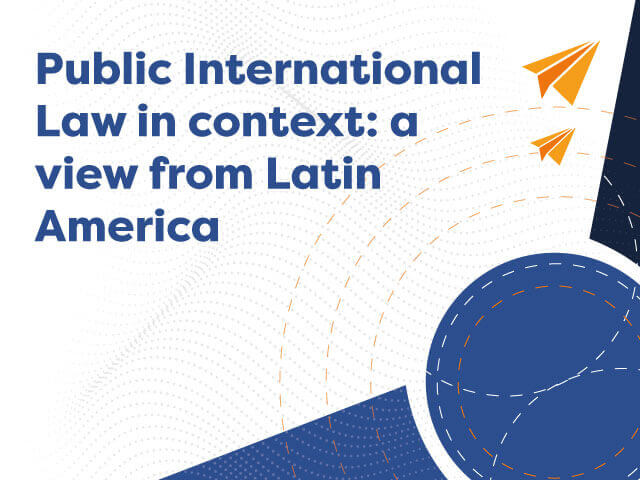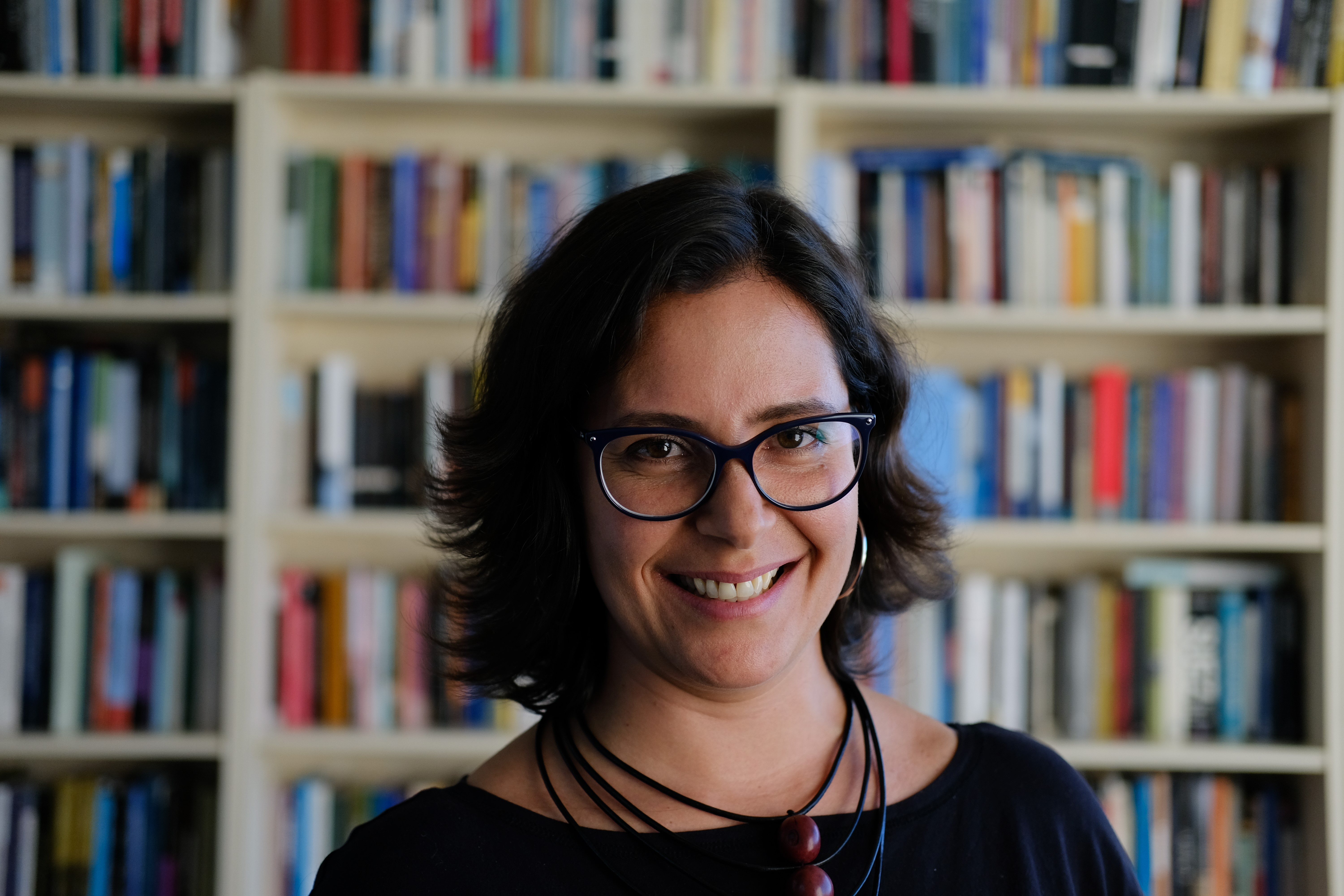| Código | CRN | Ingreso a banner (estudiantes de pregrado y posgrado) | Modalidad | Créditos |
|---|---|---|---|---|
DEIN-4844 | 10081 | 31 Mayo y 1 Junio | Face-to-face | 4 |
This course introduces and explores the main topics of public international law with particular attention to the Latin American context. It examines the nature and structure of international legal arguments in historical perspective and contemporary practice, considering the regional experience of Latin America. The course’s central assumption is that international law looks different in different locations of the world, despite the universalist pull of the international legal argument. In this setting, the course will analyze the fundamental elements of international law concerning the particularities of the Latin American context. Specialized international law regimes will also be assessed in connection to specific issues of the regional experience. The course aims to enable students to engage deeply with the foundations of the field, but also to promote a critical understanding of the ways in which international law takes shape in the regional context. The course focuses on international law as an argumentative practice that takes place in a regional context structured by disagreements amongst states and asymmetries of power. Political, economic, social and ideological issues all inform the contemporary practice of international law in Latin America. Accordingly, the key concepts, institutions, practices and debates of the field will be assessed contextually. Traditional topics of public international law will be explored under a regional sensibility: the sources of international law, the subjects of international law, international dispute settlement, immunities and jurisdiction, and state responsibility. The course will also address the protection of human rights in the region; the issues of development in relation to the protection of the environment in Latin America; the use of force and the ongoing regional discussions about the lawfulness of intervention; and contemporary regional issues related to the Law of the Sea. Students will be encouraged to consider their own perspectives of historical and contemporary Latin American issues to acquire an expert understanding of the impacts of public international law in the region, as this course will be conducted based on a student-centred process of effective learning. Without thinking of international law as a neutral or objective field, but as a vocabulary that has connections with the various ways in which material and spiritual goods are distributed, this course aims to present a nuanced approach to the field. The main objective is to shed light on how international law as a vocabulary has been used to enable political blueprints for the region. This approach combines a focus on the history and theory of international law with a doctrinal assessment of the fundamental elements of the international legal argument. In this setting, effective learning comes not just as an issue of pedagogy, but as an essential strategy to explore the contemporary pressing stakes of the discipline in the context of Latin America.


